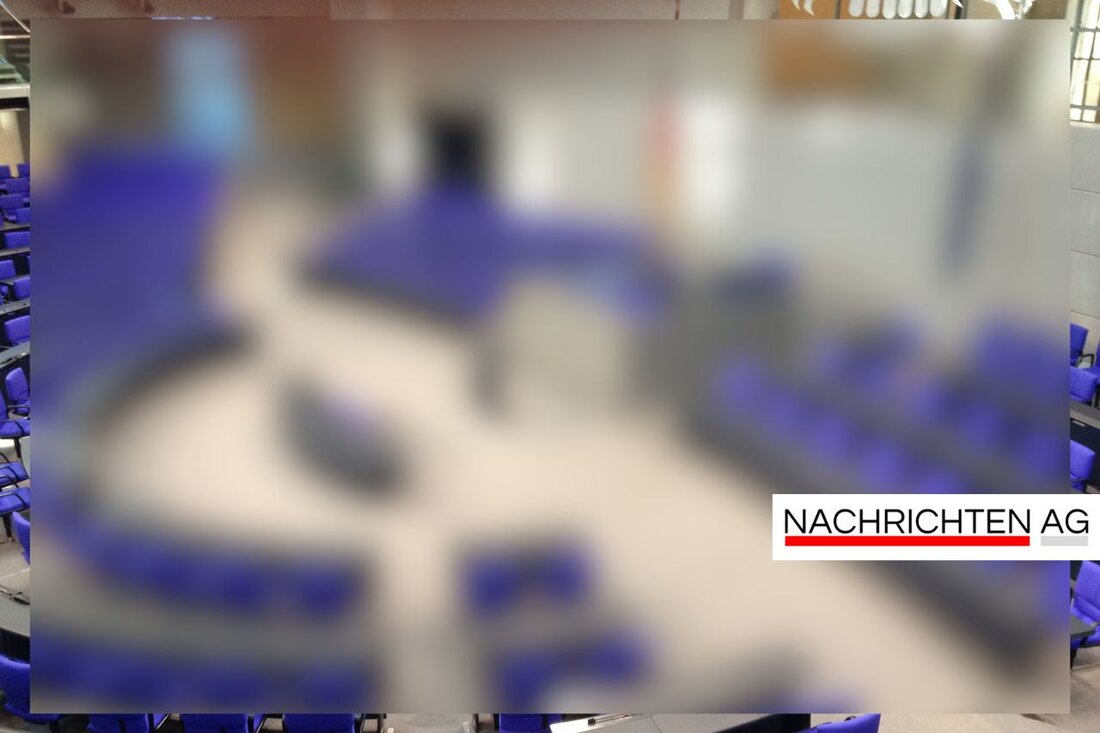Naturalization celebration in Sigmaringen: Stories of hope and diversity!
On October 19, 2025, the Sigmaringen district celebrated the naturalization of 100 new citizens from 62 nations.

Naturalization celebration in Sigmaringen: Stories of hope and diversity!
The Sigmaringen district celebrated its fourth naturalization ceremony last Saturday, at which around 100 new citizens from 62 different nations were released into their new phase of life. In the last two years, a total of 607 people acquired German citizenship. District Administrator Stefanie Bürkle emphasized the individual stories of the new citizens and the challenges that come with the path to naturalization. It is a celebration that not only represents the legal conclusion of a lengthy procedure, but also highlights the diversity and personal fates of the participants, as schwaebische.de reports.
An emotional highlight was the guest speaker Noori Mato, a Yazidi from northern Iraq. Mato spoke vividly about his escape and his new life in Germany. As an educator, he sees himself as a bridge builder for diversity in Sigmaringen, and he emphasizes that integration is not the sole responsibility of immigrants, but a shared responsibility for everyone. Many new citizens expressed their gratitude for the freedom, protection and security they are able to experience here.
Integration and challenges
The diversity of life stories shows how different the path to naturalization looks for each individual. Irina Müller, a former engineer from Russia, has lived in Germany since 2003 and has now decided to apply for German citizenship. The lecturer Anna from St. Petersburg not only teaches integration courses, but also organizes get-togethers for her students to strengthen the sense of community. The experiences of Samantha Williams, a trans woman, and Monika Russ, who lives with Chinese roots, also illustrate the challenges that many migrants face. Williams reports on discrimination and racism, while Russ struggles with the German language.
These personal experiences are not only individual fates, but also reflect the reality of integration in Germany. According to the Federal Agency for Civic Education, Germany has developed into an immigration society, and successful integration into the education system and labor market is of great importance for migrants and the receiving society.
The path to naturalization
The requirements for naturalization are clearly regulated. Anyone who has lived in Germany for at least five years and has sufficient knowledge of German can submit the application. This requirement is reflected in the increasing numbers of naturalizations, with the federal government planning to make access to citizenship easier to further promote integration. Differences in naturalization policy can be seen internationally: While in classic immigration countries such as the USA naturalization is often perceived as a catalyst for integration, in countries such as Switzerland and Austria it is often seen as a reward for successful integration, as the BAMF website shows.
An important part of the naturalization process is the naturalization test, in which participants have to demonstrate their knowledge of the German legal and social system. The demands often fuel the ambition to deal more intensively with the new home. The chance to obtain German citizenship opens up new perspectives: better career opportunities and the opportunity to immerse yourself deeper in society are just some of the advantages.
Overall, it shows that naturalization is not just a bureaucratic act, but also the reality of life for many people who are looking for a new home in Germany. Society is enriched by its diversity, and the naturalization ceremony in the Sigmaringen district is a beautiful expression of this successful integration.

 Suche
Suche
 Mein Konto
Mein Konto